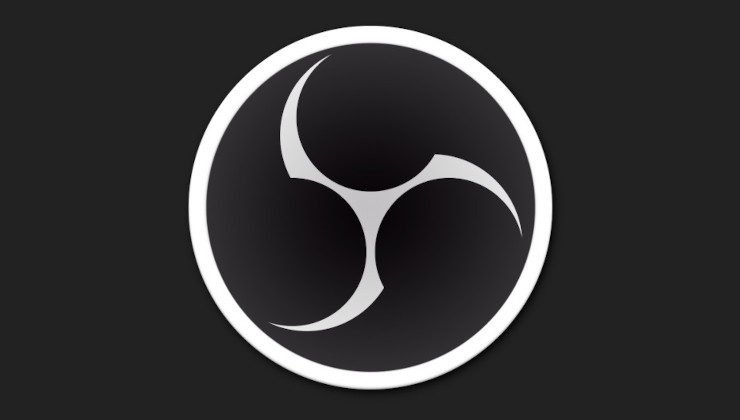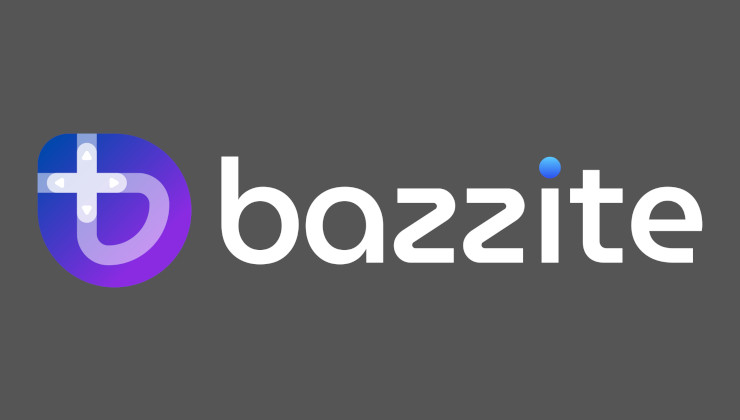Some fun computing history for you here as Microsoft recently open sourced Microsoft 6502 BASIC under the MIT license.
While there have been versions of it floating around for a long time, Microsoft decided just to play nice and make it official and give it out to everyone. Back in 2024, they also open sourced MS-DOS 4.0. This is perhaps even more important though for computing history, with it being Microsoft's first official product and served as the foundation for the modern software industry.
From their blog post going over the background of it:
This is BASIC M6502 8K VER 1.1, the 6502 BASIC lineage that powered an era of home computing and formed the foundation of Commodore BASIC in the PET, VIC-20, and the legendary Commodore 64. This very source tree also contains adaptations for the Apple II (“Applesoft BASIC”), built from the same core BASIC source. The original headers still read, “BASIC M6502 8K VER 1.1 BY MICRO-SOFT”—a time capsule from 1978.
The version we are releasing here—labeled “1.1”—contains fixes to the garbage collector identified by Commodore and jointly implemented in 1978 by Commodore engineer John Feagans and Bill Gates, when Feagans traveled to Microsoft’s Bellevue offices. This is the version that shipped as the PET’s “BASIC V2.” It even contains a playful Bill Gates Easter egg, hidden in the labels STORDO and STORD0, which Gates himself confirmed in 2010.
And a snippet from the GitHub on why it's historically important:
1. Foundation of the Personal Computer Revolution
- This BASIC interpreter was the software foundation that powered many of the most influential early personal computers.
- It democratized programming by making it accessible to non-technical users through a simple, English-like programming language.
- Without this software, the personal computer revolution might have developed very differently.
The code is available on GitHub. And see the Microsoft blog post for more background.
Pretty cool to see it official like this.
A few years later the same trick worked on IBM with DOS, of course, which catapulted MS into desktop software dominance, and Gates himself into the most prestigeous of prestigeous lists of wonderfully prestigeous people.
MS paid a small company to plagiarize DOS out of Gary Kildall's CP/M, of course; and IBM got 'tricked' into the deal partly because Bill's mom was in the board of directors at IBM at the time.
Kildall always had a distaste for BASIC, by the way, and he thought a clunky procedural language like that did a disservice to programming education -- and not because he had a rival 'product' he was frustrated he couldn't sell instead. Kildall thought LOGO would've been a better educational language.
-- BASIC interpreter in flex & bison: https://github.com/Dan-Jardim/BasicFlexBison.git
-- as a PEG parser: https://git.sr.ht/~ach/minipeg/tree/HEAD/examples/basic.peg
-- Antlr grammar for a BASIC that runs inside the JVM: https://github.com/antlr/grammars-v4/tree/master/basic
Bill's mom was in the board of directors at IBMSame old story - whenever you consider that a prominent (but usually ethically bereft) entrepreneur is successful because of their skill and commitment, you later discover it's largely just simple nepotism, privilege or luck. Gates, Jobs, Musk, Bezos, Zuckerberg, it's just endless.
Often it's a combination of all three.
Eventually you get used to all the opcodes. But really it's much easier when you assign mnemonics to the opcodes. You probably would have had better luck if you learned the Assembly Language for each of those processors instead of going straight to machine language. Can't blame you though.
Following the rabbit hole of references in the various linked blog posts, it was fascinating to learn that they often hid these Easter eggs in early code to provide additional proof that the code was theirs.
ALSO! Learned from the MS blog that Commodore is back in the computer business. They've either released or are preparing to release a modernized Commodore 64 for those retro-computer fans out there.
AFAIK the product the new Commodore is selling is a convenient packaging of the Ultimate II FPGA, with a newly produced 'breadbin' case & keyboard assembly. Enthusiasts were sourcing those parts separately, & building 'new' C64s themselves for a number of years now; this new initiative led by youtuber 'Periphractic' and the original designer of the Ultimate II FPGA makes it easier (& a bit cheaper, I think), so it's a very welcome development IMHO.
I've been eyeing developments in the 'retro'-revival hardware scene for a while now -- and while all of it is beyond the reach of a broke-ass bum like me, some exciting FPGA-powered projects are happening on the C64, Spectrum ZX, & Apple II fronts.
Also, with respect to 6502 assembly -- check out Jim Butterfield's book, available at: https://commodore.bombjack.org/commodore/books.htm#MACHINE_LANGUAGE_and_ASSEMBLY_LANGUAGE (entitled: Machine Language on the Commodore 64, 128 and other Commodore Computers Revised and Expanded Edition); together with the 'Mapping the C64' book (just a layout of the C64 ROM, & how it's mapped onto the peripherals); & 'Compute's Programming the Commodore 64' -- all available on the page I linked.
Here is a link to an online version of the manual:
https://www.commodore.ca/manuals/c64_users_guide/c64-users_guide-09-appendices.pdf
... though the Turkish translation that I got with my C64 in 1992 was heavily abridged, and didn't have any of the chapters & appendices dedicated to BASIC, and the hardware addresses for the color & sound POKEs; but they did include the English original with the package. Not speaking any English at the time I poked around (no pun intended) the listings in the original manual and somehow managed to alter the DATA lines in one of the sample programs to play a different song, and the sprite map in the 'C= hot air balloon' program to show a different picture -- but with no understanding whatsoever as to how the rest of the BASIC code worked. To me it was a pretty frustrating experience.









 How to setup OpenMW for modern Morrowind on Linux / SteamOS and Steam Deck
How to setup OpenMW for modern Morrowind on Linux / SteamOS and Steam Deck How to install Hollow Knight: Silksong mods on Linux, SteamOS and Steam Deck
How to install Hollow Knight: Silksong mods on Linux, SteamOS and Steam Deck